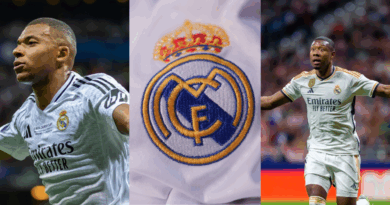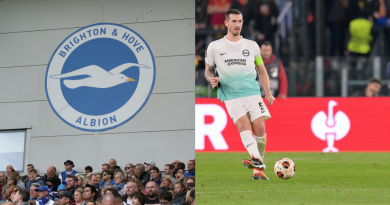The 20 Worst Players in Ryder Cup History – Ranked by Win Percentage
The Ryder Cup has delivered some of golf’s most heroic moments, where players rise above pressure to etch their names into legend. Yet, for every Ian Poulter fist pump, every Seve Ballesteros masterclass, and every Sergio Garcia comeback, there is another story – one of disappointment, squandered leads, or statistics that simply refuse to flatter. Measuring Ryder Cup legacy by win percentage may not capture the full nuance of a player’s career, but it reveals a hard truth: some of the game’s greatest individual champions have faltered when asked to deliver for their team.
In this article, we examine the 20 worst Ryder Cup players in history ranked by win percentage. To ensure fairness, only those with at least 10 matches played are included, so every golfer here had ample opportunity to alter their legacy. Some names will surprise you – even legends with major championships and glittering résumés appear on this list. And while context is essential – whether it was facing stacked European sides in their prime or being victims of bad partnerships – the numbers don’t lie. These are the men whose Ryder Cup records stand as cautionary tales, and perhaps proof that even in golf, greatness is not guaranteed on every stage.
20. Justin Leonard
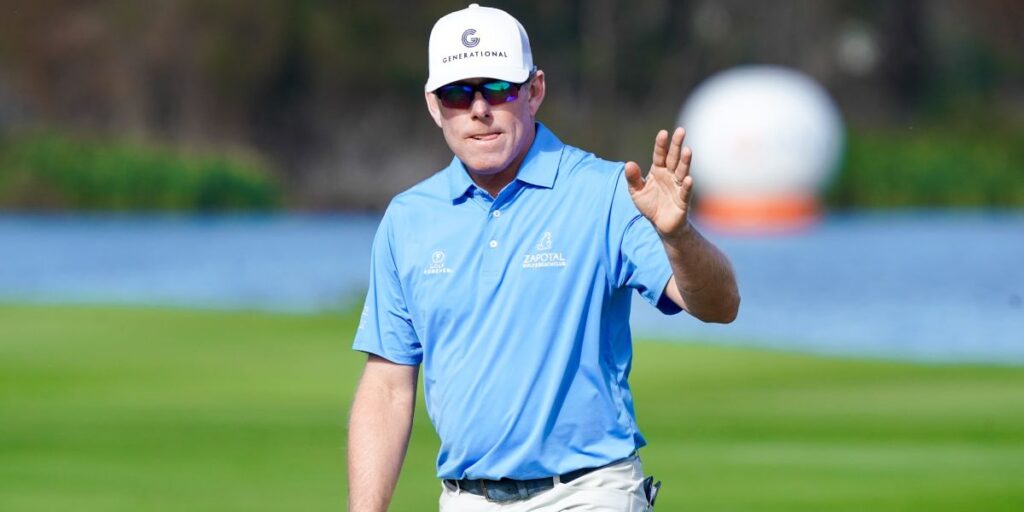
Justin Leonard, the 1997 Open champion, carried a reputation as a clutch performer on the PGA Tour. His most famous moment in Ryder Cup history remains the miracle putt at Brookline in 1999, which sparked America’s comeback on home soil. Yet despite that legendary highlight, his overall Ryder Cup record stands at a disappointing 40.7%. Leonard competed in three editions – 1997, 1999, and 2008 – and while he had moments of quality, he never produced consistent points.
His issues often lay in the pairs formats. Leonard lacked the chemistry with partners that so often defines Ryder Cup success, and he frequently struggled to adapt to foursomes in particular. Europe, armed with talents like Montgomerie and Garcia, regularly got the better of him. His singles matches were stronger but not enough to change his overall statistics. Leonard will always be remembered for one of the most iconic putts in Ryder Cup history, yet the broader picture places him among the competition’s weakest performers.
Read also: The 20 Fastest Players in Football History - Ranked
19. David Toms

David Toms, a major champion in 2001, was renowned for his composure and steady ball striking. However, his Ryder Cup career from 2002 to 2006 never matched his reputation. Toms finished with the same win percentage as Leonard at 40.7%, but fewer victories overall push him higher up this list.
Known for his quiet demeanor, Toms sometimes seemed swallowed by the intense Ryder Cup atmosphere. He lacked the spark that often fuels team momentum, and his reserved personality never translated into crowd-pumping energy. Partnerships never flourished for him, and he rarely stood out in singles. His results were adequate rather than disastrous, but in a competition where even small contributions can swing momentum, Toms’ inability to elevate beyond steady play is what defines his Ryder Cup legacy.
18. Paul Casey
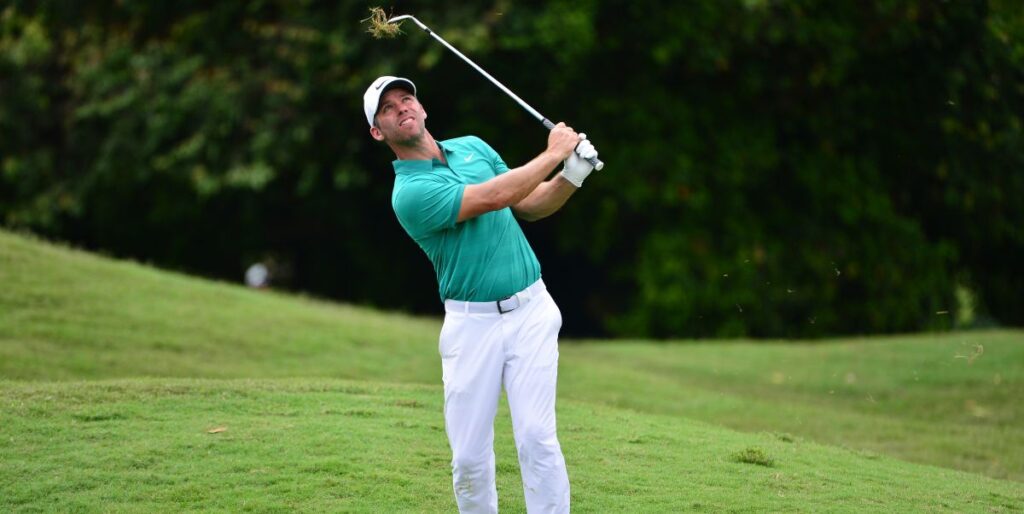
Paul Casey’s inclusion at 40.6% may surprise some, given his talent and charisma. A four-time Ryder Cup participant, Casey had memorable flashes – such as his hole-in-one at the 2006 K Club – but his overall contributions fell short of expectations.
Casey was sometimes a victim of circumstance. He often faced elite American opponents at their peak, and he struggled to convert good play into match wins. While he had the tools to be a Ryder Cup star – powerful driving, excellent ball striking, and competitive fire – his record shows he was more of a supporting act than a talisman. Unlike European legends who thrived under pressure, Casey never found the same consistency. His career is a reminder that Ryder Cup greatness is about more than ability; it is about timing, chemistry, and clutch performance.
Read also: The 20 Most Lethal Goalscorers in Champions League History – Ranked by Goals per Game
17. Paul Azinger
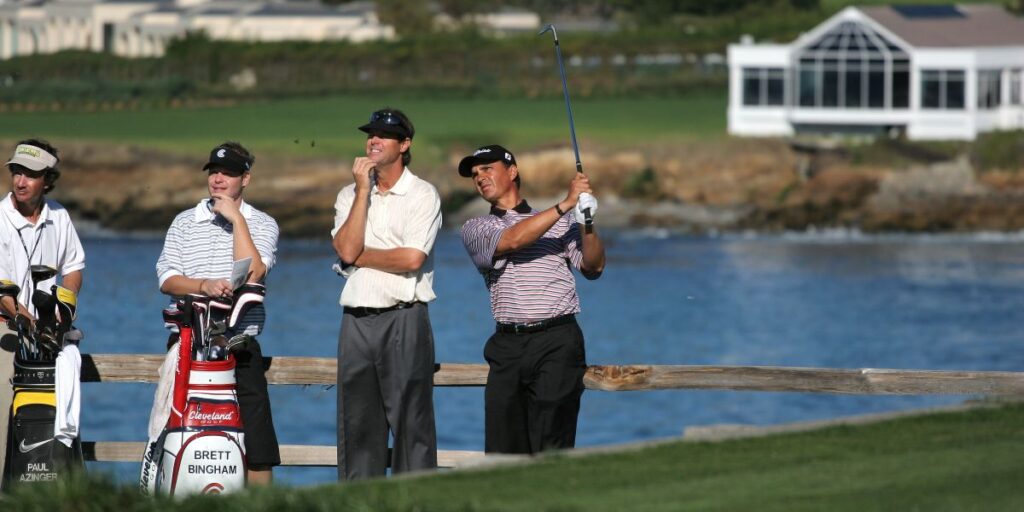
Paul Azinger is revered for captaining the U.S. to victory in 2008, yet as a player, his record was far less glorious. With a win rate of 40.6%, Azinger was a fiery competitor whose passion often exceeded his results. Representing the U.S. in five Ryder Cups, he contributed sporadically but never became a consistent point earner.
Azinger’s pairings were hit-or-miss, and despite his tenacity, he found himself on the wrong end of too many close matches. His singles record was respectable, but overall his statistics reflect a player who embodied American grit but lacked sustained success. His legacy as a leader far outweighs his legacy as a player, and this ranking underscores the gap between those two chapters of his Ryder Cup story.
16. Mark James

Mark James, with a 40.5% win rate, is remembered as much for his controversial captaincy in 1999 as for his playing career. As a competitor, James represented Europe in the late 1970s and early 1980s, when the Americans dominated.
James was a steady professional but never struck fear into opponents. He lacked the explosiveness of teammates like Seve Ballesteros or Nick Faldo, and his Ryder Cup record reflects that disparity. While he earned his place on the team through consistency, he struggled to contribute points in an era when Europe desperately needed breakthroughs. His numbers capture his role as a dependable but ultimately underwhelming presence.
Read also: The Ultimate Bundesliga All-Time Rankings: Every Club from 58 to 1
15. Tiger Woods
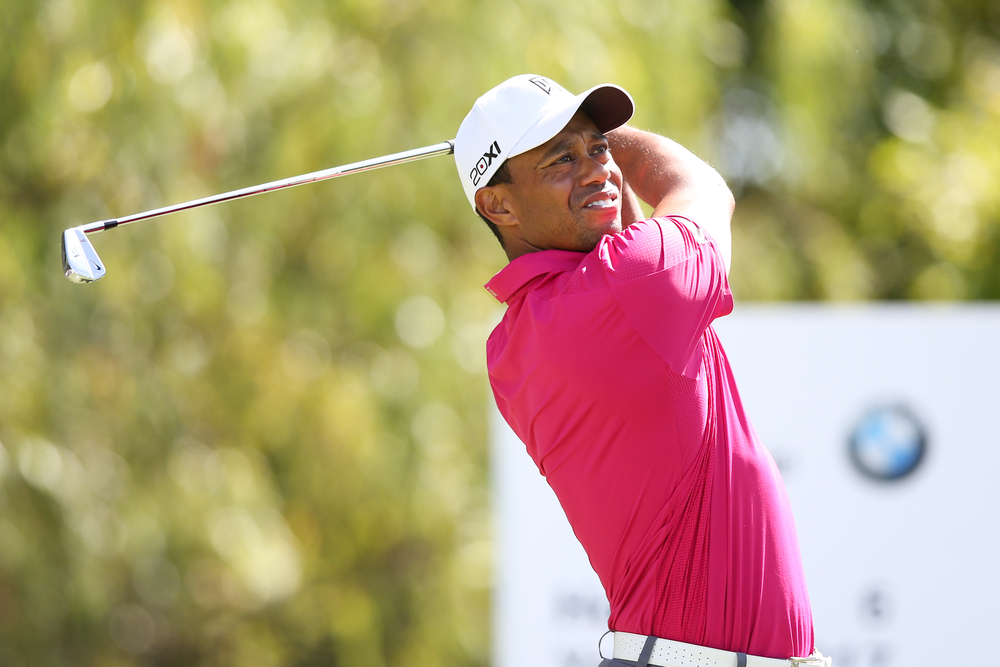
The most shocking name on this list is Tiger Woods. Despite his 15 major titles and dominance in individual golf, Woods holds a Ryder Cup win rate of just 39.2%. Across eight appearances from 1997 to 2018, Woods rarely translated his major-winning aura into team success.
The reasons are complex. Woods never developed a lasting partnership, cycling through teammates without ever finding a perfect fit. His focus on individual achievements may also have left the Ryder Cup as a secondary priority in his early career. While his singles record was strong, his foursomes and fourballs were poor, dragging down his overall numbers. The paradox is striking: golf’s most intimidating figure was never able to intimidate in Ryder Cup settings. His record is a glaring blemish on an otherwise unparalleled career.
14. Scottie Scheffler
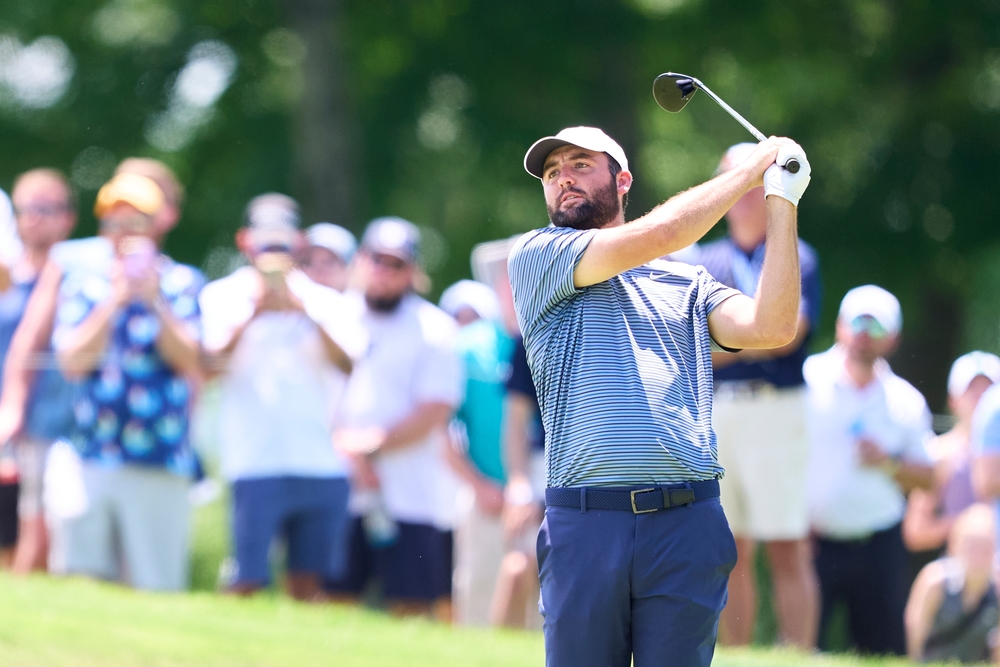
Scottie Scheffler, one of golf’s brightest modern stars, already finds himself here with a win rate of 37.5%. Scheffler debuted in 2021 with a famous singles win over Jon Rahm, but his pairs record has been inconsistent.
The Ryder Cup requires more than talent; it requires chemistry, adaptability, and resilience under unique pressure. Scheffler, despite being the world number one, has yet to find a partnership that consistently delivers. Facing Europe’s strongest players, he has learned the hard way that Ryder Cup intensity is different from week-to-week PGA Tour events. Given his youth, Scheffler has time to improve, but so far, his numbers place him among the underachievers.
Read also: 50 Best Wrestlers of All Time | Ranking 2025
13. Miguel Ángel Jiménez
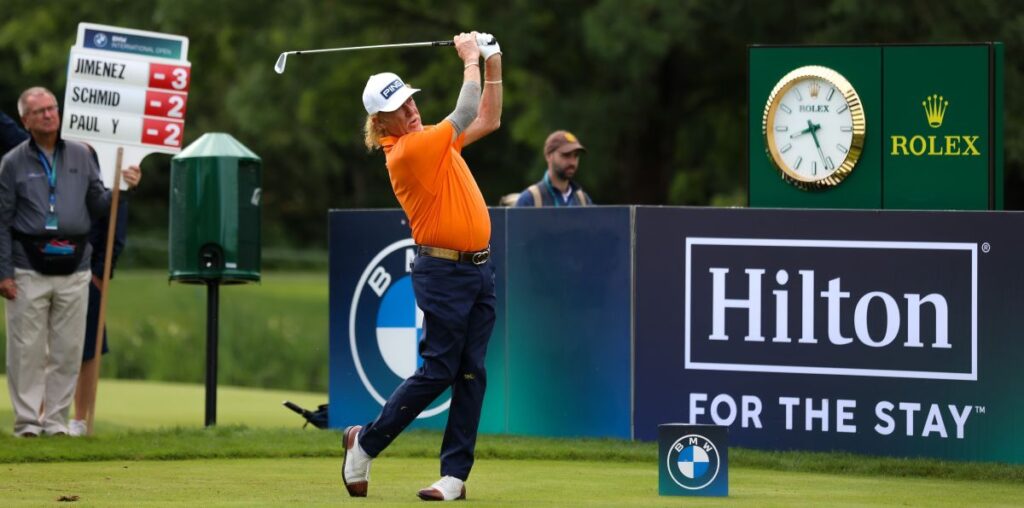
Miguel Ángel Jiménez, known for his cigars, charisma, and flair, is a beloved figure in golf. However, his Ryder Cup record of 36.7% reflects more cult appeal than genuine success. Playing in four Ryder Cups, Jiménez brought energy and entertainment, but his contributions on the scoreboard were modest.
Against powerful American teams, Jiménez’s artistry often fell short. His iron play and creativity could dazzle, but consistency was missing. He never cemented himself as a captain’s trusted weapon, instead filling more of a supporting role. While he added color to the competition, the hard numbers confirm his limited impact.
12. Bryson DeChambeau
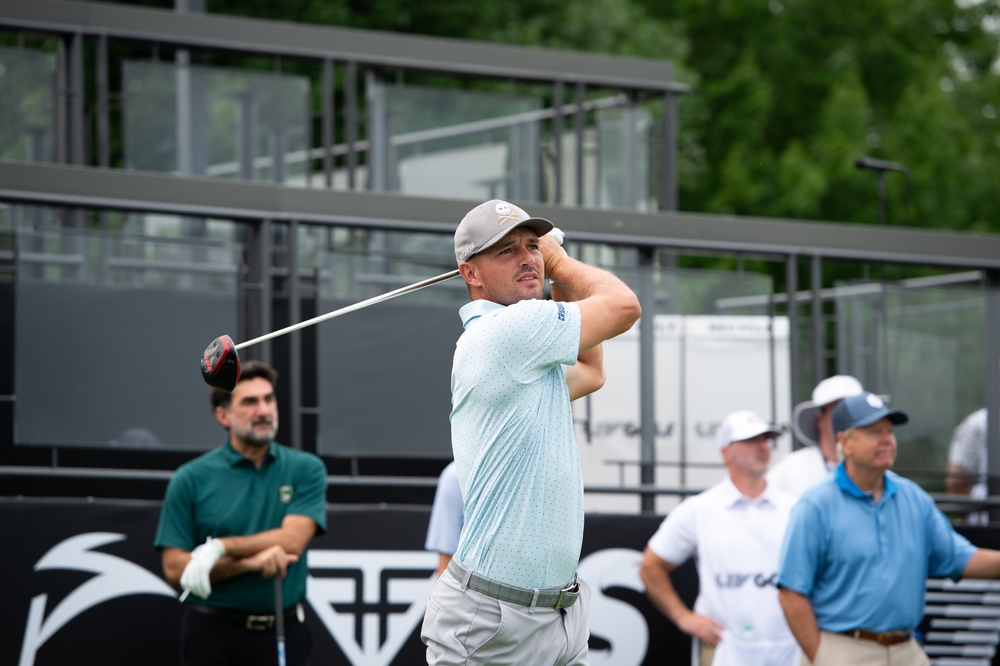
Bryson DeChambeau, golf’s mad scientist, boasts power and innovation but not Ryder Cup glory. With a 36.4% win rate across 2018 and 2021, his record reflects sporadic brilliance overshadowed by inconsistency.
His partnerships never clicked, as his deliberate, analytical style sometimes clashed with teammates. Though his singles play showed flashes, he never dominated across multiple sessions. Injuries and distractions also limited his involvement. DeChambeau’s Ryder Cup career feels incomplete, but so far, his numbers place him firmly among the underperformers.
Read also: Top 10 Highest-Paid Stars Lighting Up the Saudi Pro League
11. Sam Torrance
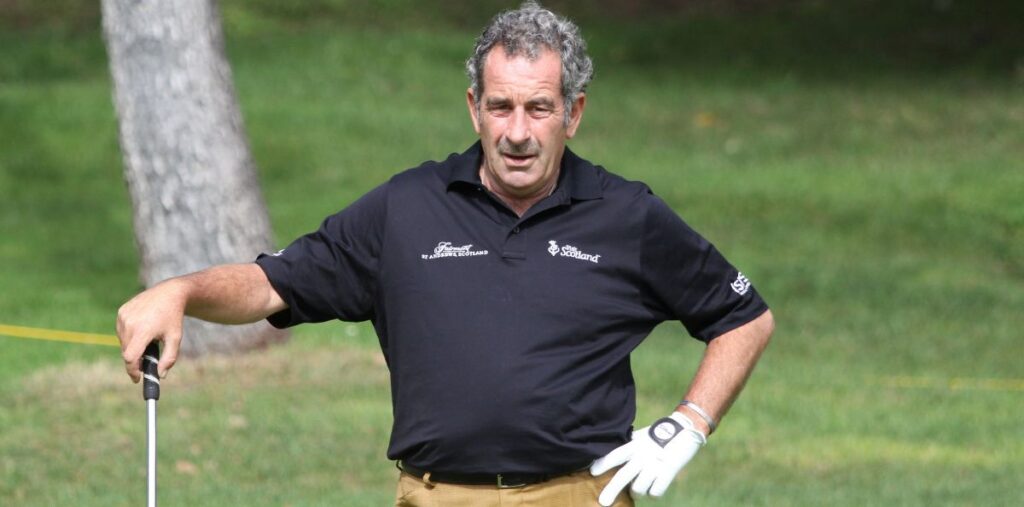
Sam Torrance, a stalwart of European golf, surprisingly struggled in Ryder Cups with a win rate of 35.7%. Though he later became a respected captain in 2002, his playing record tells a different story.
Torrance represented Europe during the 1980s and 1990s, facing American giants like Tom Kite, Lanny Wadkins, and Payne Stewart. While he delivered the winning putt in 1985 to secure Europe’s first victory in 28 years, his overall tally was modest. He earned legendary status through leadership and longevity, but statistically, he ranks as one of Europe’s least effective players on the course.
10. Jim Furyk
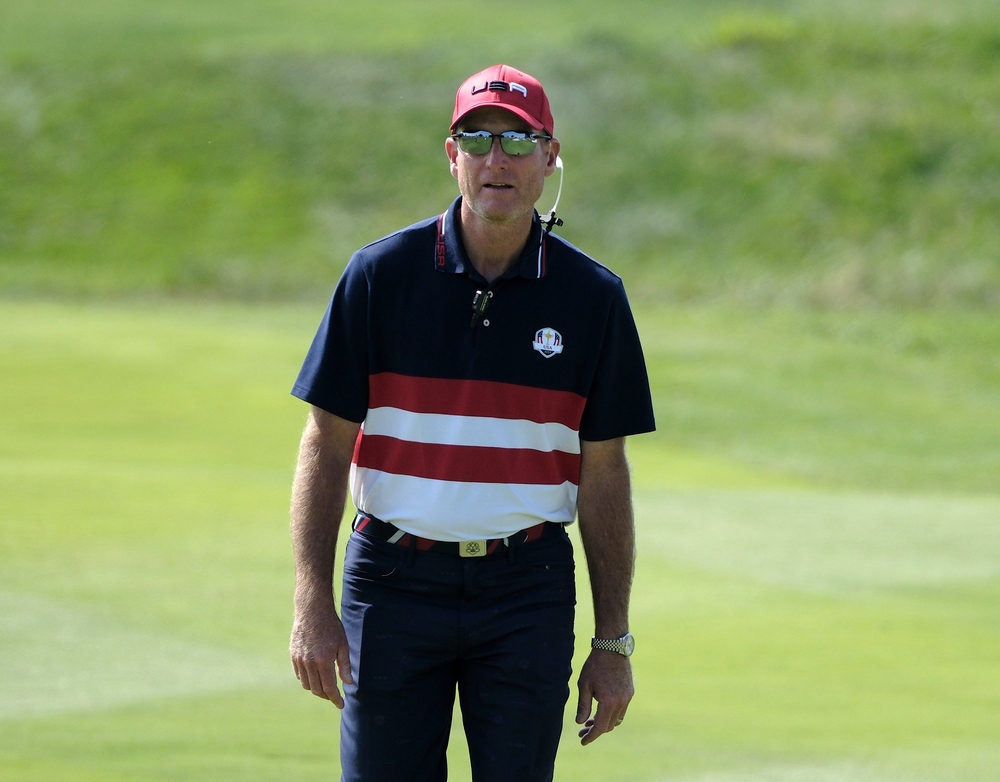
Jim Furyk’s Ryder Cup story is one of frustration. With a win rate of 35.3% across nine appearances, the 2003 U.S. Open champion struggled to replicate his PGA Tour success in team play.
Furyk’s weakness was in pairs formats, where he managed just six wins in 25 matches. His collapse against Sergio Garcia in the 2012 Miracle at Medinah – losing the final two holes to hand Europe the point – epitomizes his Ryder Cup heartbreak. Despite his grit and experience, Furyk never shook the reputation of being vulnerable under Ryder Cup pressure.
9. Curtis Strange
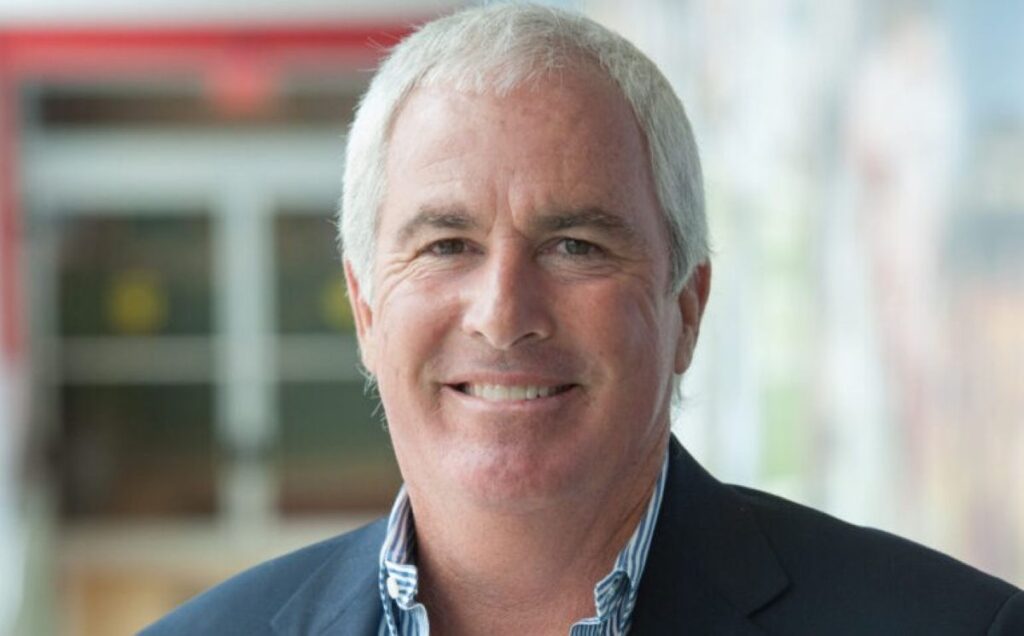
Curtis Strange, a two-time U.S. Open winner, holds a win rate of 35%. Representing America between 1983 and 1995, Strange faced Europe’s golden era of Seve, Faldo, and Langer.
He managed only seven points from 20 matches, often struggling in pairs play. His 1995 collapse against Nick Faldo, bogeying the final two holes to lose a critical point, remains infamous. Strange was a star on tour, but in Ryder Cups, he rarely rose above the tide of European dominance.
8. Ken Brown

Ken Brown’s 33.3% win rate tells only part of his Ryder Cup story. Representing Europe from 1975 to 1987, Brown was talented but also controversial.
He recorded just four wins in 12 matches, often remembered more for his behavior than his play. In 1979, he refused to speak to his partner Des Smyth during a fourball match, resulting in a 7&6 defeat – one of the worst margins in Ryder Cup history. Skipping team meetings and ignoring uniform rules further tarnished his legacy. Brown’s Ryder Cup career stands as much for disruption as for results.
7. Rickie Fowler
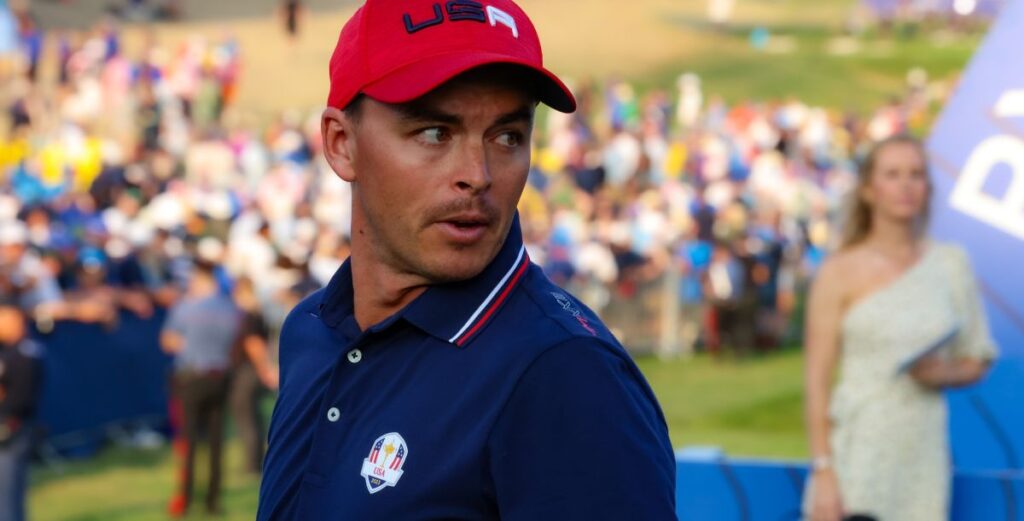
Rickie Fowler, one of golf’s modern fan favorites, holds a Ryder Cup win percentage of 32.4%. Across multiple appearances, he has managed only three wins in 17 matches.
Fowler has often faced brutal singles opponents – Rory McIlroy, Sergio Garcia, Tommy Fleetwood – usually on European soil. Yet, excuses aside, his record is simply poor. Despite his charisma and talent, Fowler has never delivered the points expected of him. At 36, he still has time, but his legacy risks being one of Ryder Cup disappointment.
6. Mark O’Meara
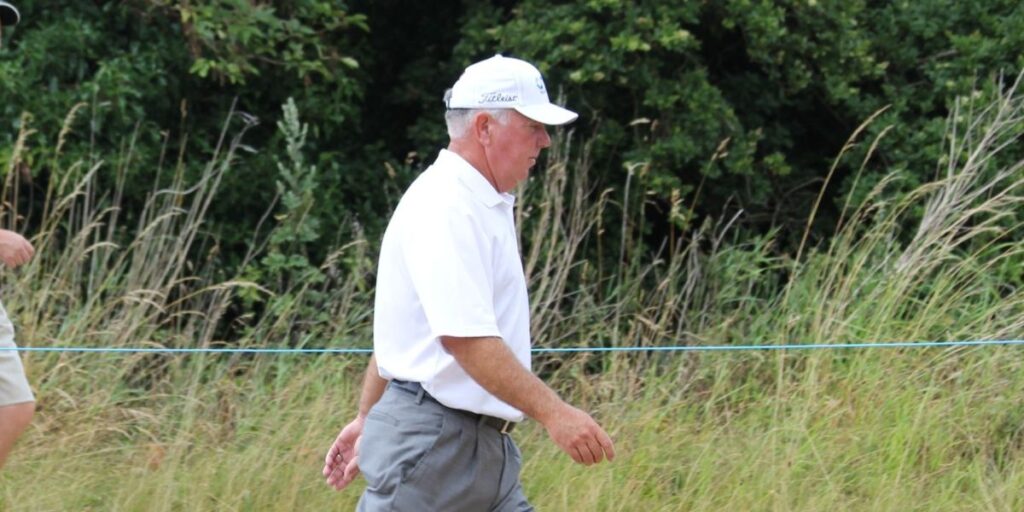
Mark O’Meara, a two-time major champion, represented the U.S. five times between 1991 and 2002. Yet with a win rate of just 32.1%, he was repeatedly on the losing end against strong European teams.
Facing Seve, Faldo, Montgomerie, and Langer, O’Meara rarely found success. His pairs matches were underwhelming, and his singles victories were few. Despite his stature in golf, O’Meara’s Ryder Cup career became defined by being a victim of Europe’s dominance in the 1990s.
5. Steve Stricker
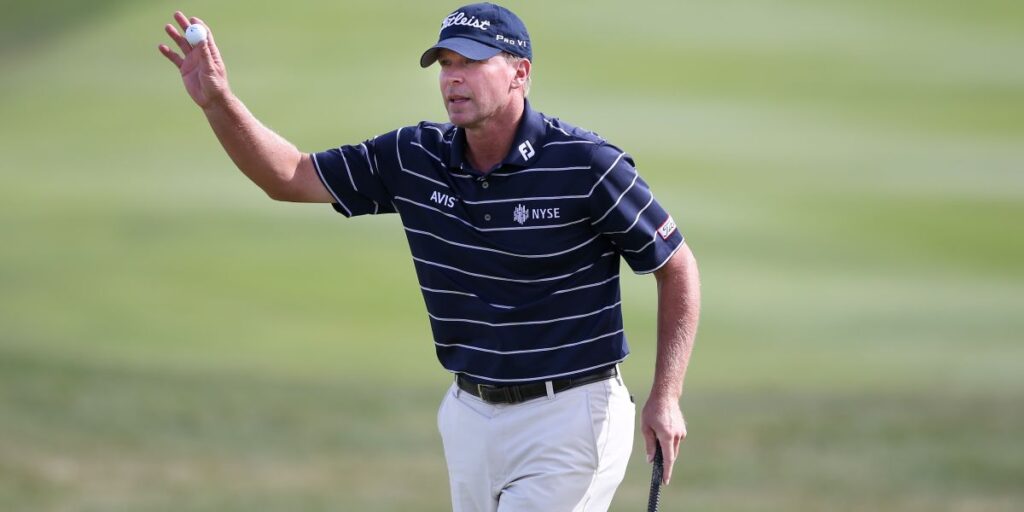
Steve Stricker, known for his smooth putting stroke, struggled mightily as a Ryder Cup player. With a 31.8% win rate, his three appearances from 2008 to 2012 were disappointing.
Stricker’s low point came in the 2012 Miracle at Medinah, where he lost all four of his matches. His partnership with Tiger Woods, hyped as a potential powerhouse, fizzled with more losses than wins. Stricker later redeemed himself as captain in 2021 with a dominant U.S. victory, but his playing record remains one of the weakest.
4. Matt Fitzpatrick
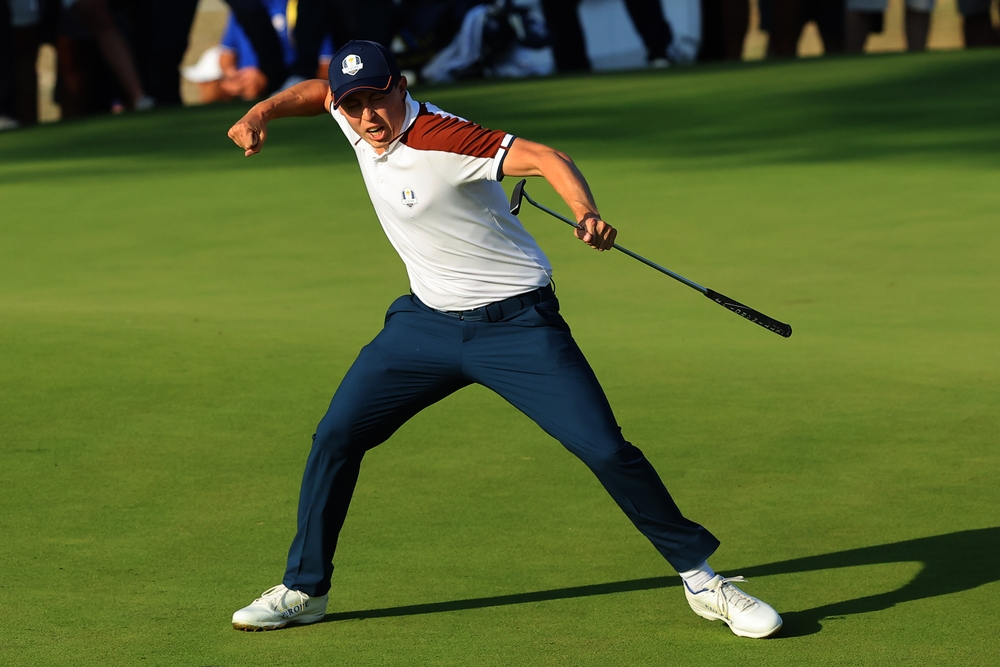
Matt Fitzpatrick, the 2022 U.S. Open champion, carries Europe’s worst win percentage on this list at 29.2%. Debuting in 2016 and appearing in 2021 and 2023, Fitzpatrick managed just one win in his first seven matches.
As a young debutant in 2016, he went winless, and in 2021 he suffered three more losses. Only in 2023 did he finally record a point with a singles win. Still, his overall record remains abysmal. Fitzpatrick’s Ryder Cup struggles contrast with his individual success, marking him as one of Europe’s least effective performers.
3. Ben Crenshaw
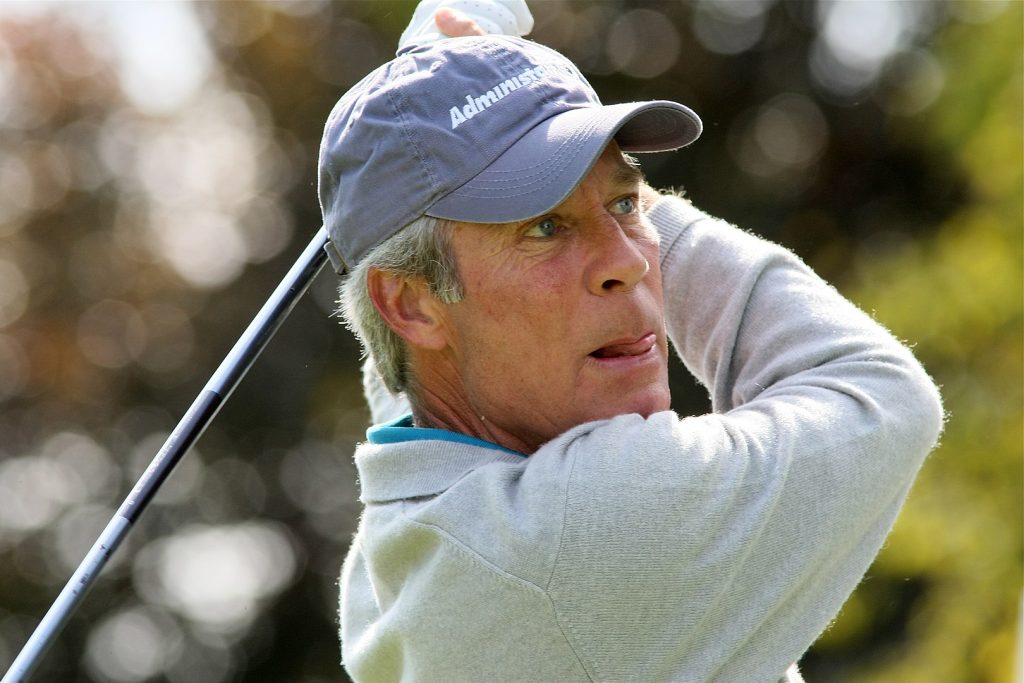
Ben Crenshaw, nicknamed “Gentle Ben,” may have needed more aggression in Ryder Cup play. With a 29.2% win rate, he won just three of his 12 matches.
His struggles were clearest in fourball, where he never managed a victory. His most infamous moment came in 1991, when he broke his putter in frustration and was forced to use a 1-iron for the rest of the round. Despite his Masters triumphs and genteel image, Ryder Cup golf brought out his vulnerabilities.
2. Bubba Watson
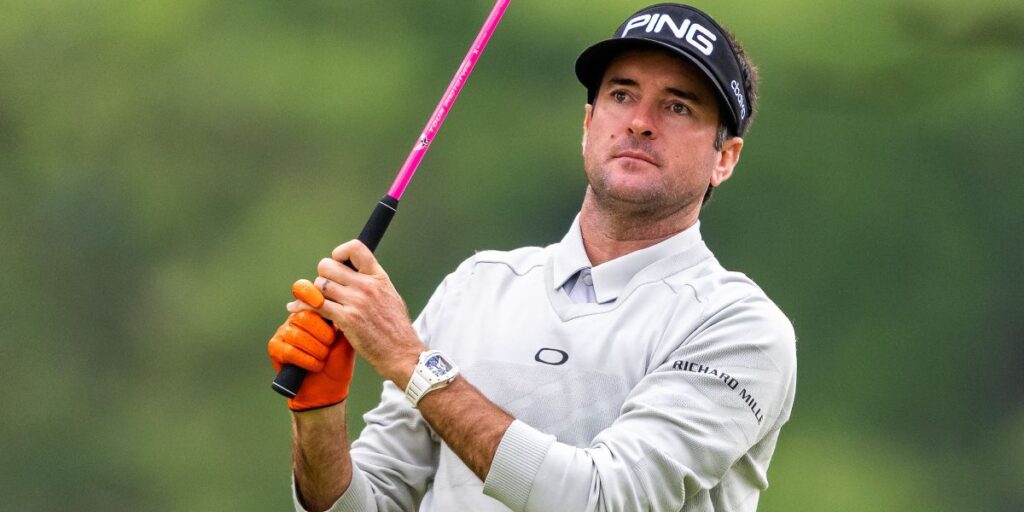
Bubba Watson, a two-time Masters winner, recorded just a 28.6% win rate in Ryder Cups from 2010 to 2018. Despite his length and flair, Watson never won a singles match in four attempts.
His record in foursomes was also weak, with only one win. Unfortunately, his Ryder Cup career coincided with one of Europe’s strongest eras, leaving him consistently on the losing end. Watson’s creativity and shot-making thrilled galleries in majors, but in Ryder Cups, he was a liability.
1. Fuzzy Zoeller
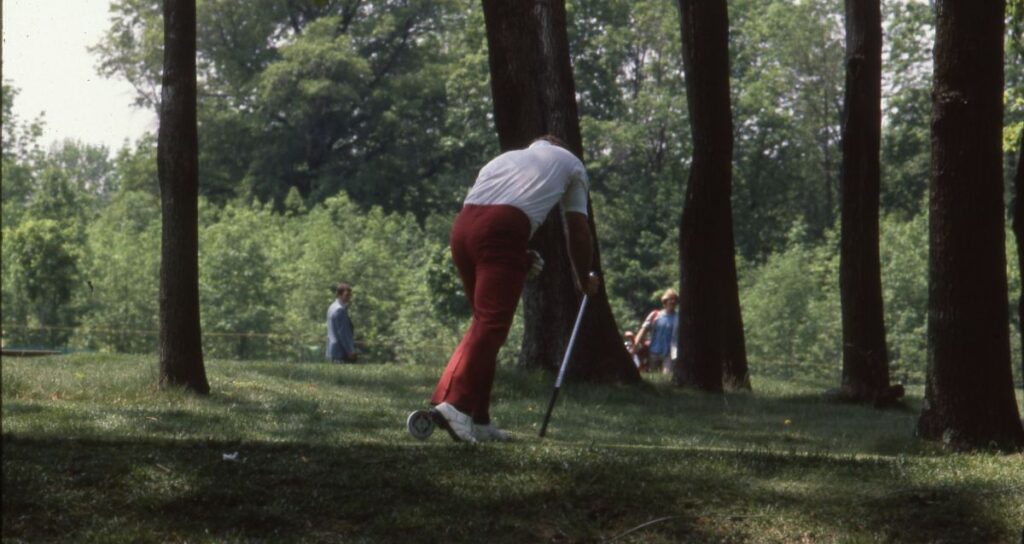
Fuzzy Zoeller tops this list as the worst Ryder Cup player in history with a shocking 15% win rate. Representing the U.S. three times between 1979 and 1985, Zoeller won just one of his 10 matches.
His lone victory came in his very first outing, pairing with Lee Trevino in 1979. What followed was nine matches without a win, including eight losses and one draw. That half point, ironically, came against Seve Ballesteros in 1983 and proved crucial in a narrow U.S. victory. Yet overall, Zoeller’s Ryder Cup record is dismal. Despite his two major titles and charismatic personality, his team contributions fell flat. His place at the very bottom of Ryder Cup history is undeniable.



